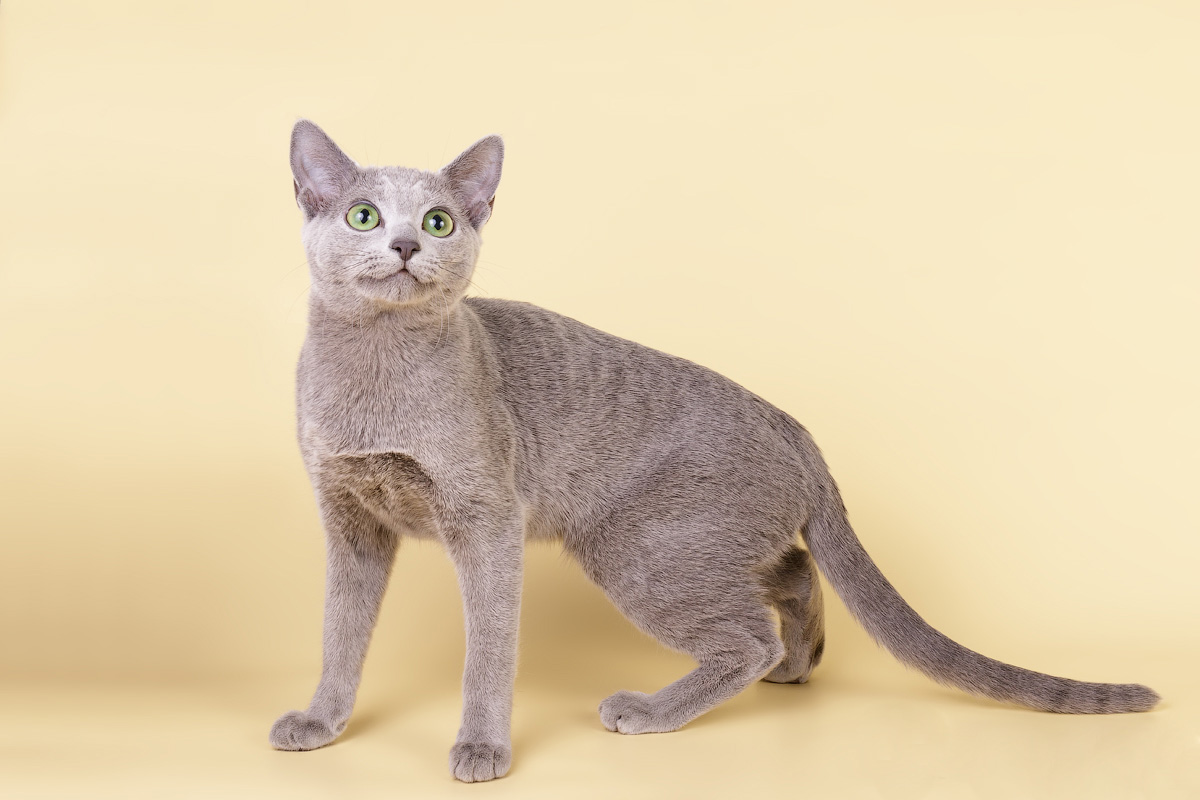Do you have Questions ?
Please read questions bellow and if you can not find your answer, please send us your question, we will answer you as soon as possible.
F.A.Qs
Once you’ve decided to get a kitten and day of arrival is getting closer you need start preparation.
- Buy supplies that kitten will need. This should include:
- Cat beds
- Kitten food
- Food and water bowls
- Litter trays and cat litter
- Plenty of toys
- Scratching posts
- Cat furniture like cat trees
- A large, secure carrier for transport (one with a hard shell and an opening on top is best)
- A brush or comb for grooming
- Blankets
Whether to feed raw, dry, canned or a mixture of all, the most important is to provide the best health for your cat.
Raw, if you have reliable source of meat and it is safe to use. First, must be frozen for at least 7 days. Then you should scald it with the boiled water, or just boil, cool and give. You should exclude pork – there is a risk of infection with the fatal deceases for a cat. If you decide to feed you cat with raw, we will be more that pleased to share all information and recipes with you. Be aware- the hot meat is fatal for cats. The meat should always be frozen before. Or you risk to loose your pet forever.
Fish. The opinions are different. The first consider that the fish should be excluded; the others recommend to give fish once a week, boiled. The matter is that in muscles of a river fish (carp, pike, bream) there is a ferment of thiaminase, that renders a negative effect on Vitamin B, after boiling this ferment is destroyed and it is safe to use. In case of russian blue fish can also cause coat shades, usually brown, so be carefull not to give fish more then once per week.
Dry food. Never in life give your cat dry “Wiskas”, “Friskas”, “Kitekat” – or you will receive a sick animal.
Our 1st Choice is Orijen and Acana. If you feed your cat with dry feed, take care that water is always fresh from bottle or cat fountain with cleaning filter.
The largest benefit of feeding a canned diet is the higher water content.
Canned food is also highly palatable, and some cats will eat a canned diet over a dry diet, particularly if they are picky eaters. Our recomendation is Wild Freedom, Schesir, Cosma and Almo Nature.
For the kittens the canned food should be carefully picked and balanced to provide healthy growth.
Russian blue are great company for kids of any age. They get along great to other cats and even dogs, especially since we breed pomeranians as well, and they are familiar to small dogs from their earliest age. They are very gentle and does not release its claws in play, but keep in mind to educate kids how to handle with cat, to be gentle and not to pull tail or squize the belly.
Russian blue cats need time to accept new people. But when the adaptation process is completed, there will be no problems with communication and playing games. This breed has a great memory. If you introduce a cat to a new person, she will remember that person at the next meeting, even after long time.
Like the most of short-haired breeds, special care for the coat of the Russian blue cat is not needed. To keep the coat soft and shiny, brushing 1-2 times a week will be enaugh. During the molting period, in spring and autumn, the procedure can be repeated more often.
Bathing the cat without special need is also not required. The russian blue cats are very clean, so bath will be needed only during the moulting period or if preparing for an cat show exhibition.
Trimming nails
To prevent your pet from spoiling furniture and carpets, the claws can be trimed. To trim the tips, you need a special nail clipper, which is available at all pet stores. With regular clipping of the claws once a week, the animal gets used to the procedure faster and takes it calmly.
Yes and no. It is true that Russian Blue cats have lower levels of Fel d 1, the protein in cat saliva and skin secretions responsible for itching and wheezing.
However, while they may produce less of the allergen, it does not necessarily make them safe for allergy sufferers!

